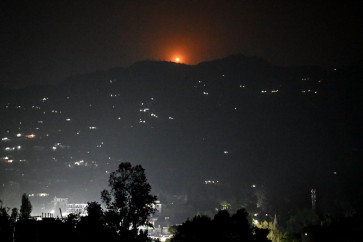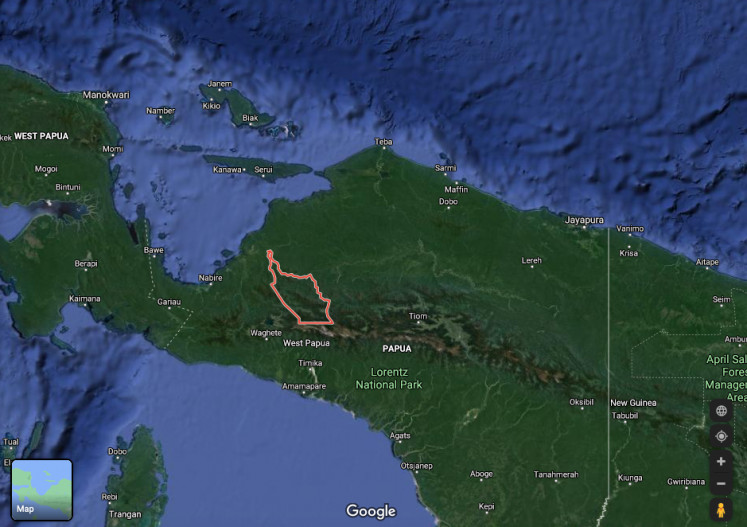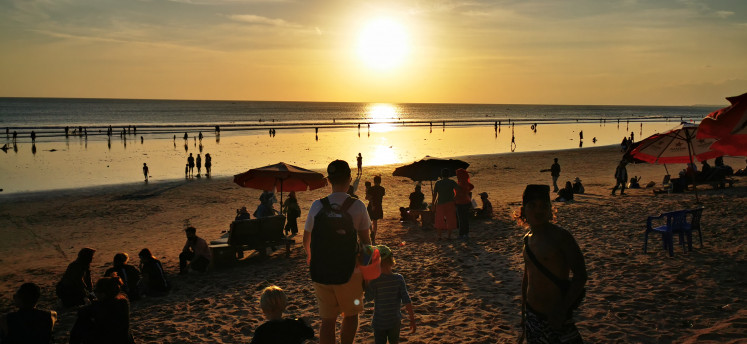Islands in focus: Sea turtle egg smuggling on the rise
PONTIANAK: World Wildlife Fund (WWF) Indonesia says the smuggling of sea turtle eggs to Malaysia from West Kalimantan has drastically increased, triggered by the high price turtle eggs can fetch
Change text size
Gift Premium Articles
to Anyone

P
ONTIANAK: World Wildlife Fund (WWF) Indonesia says the smuggling of sea turtle eggs to Malaysia from West Kalimantan has drastically increased, triggered by the high price turtle eggs can fetch.
'In Malaysia, each turtle egg can fetch 80 ringgit or about Rp 2,600 [23 US cents]. Meanwhile, at local markets, they cost only Rp 1,500,' said turtle conservation coordinator of WWF-Indonesia for West Kalimantan program, Dwi Suprapti, in Pontianak, on Sunday.
Sea turtles can live for more than 150 years and a sea turtle begins reproducing between 30-years-old to 50-years-old. In West Kalimantan, sea turtles can be found in coastal areas in Paloh district, Sambas regency, which is known as the longest turtle nesting spot in Indonesia: Stretching for 63 kilometers.
'Unfortunately, such a long beach is monitored by only 21 activists, as such it's relatively easy for eggs to be stolen,' said Dwi.
In Paloh beach, there are around 2,000 green turtle nests every year. In 2009, 2,146 turtle nests were ransacked. Only 26 percent of all nests were looted in 2011 and 22 percent in 2012 thanks to local communities, said communication coordinator of WWF Indonesia for the West Kalimantan program, Jimmy Syahirsyah.
But during the peak nesting period in 2013, egg hunting in Sebubus and Temajuk increased by 40 percent and 95 percent respectively.
Jimmy said the WWF had run several program to reduce egg thefts by promoting the production of various souvenirs by locals.
'The main livelihood in Paloh is fishing. Sea turtle eggs bring in additional funds, so we can reduce this,' said Jimmy.
'We are currently trying out goat herding on the beach, which means villagers can also conduct surveillance.'









